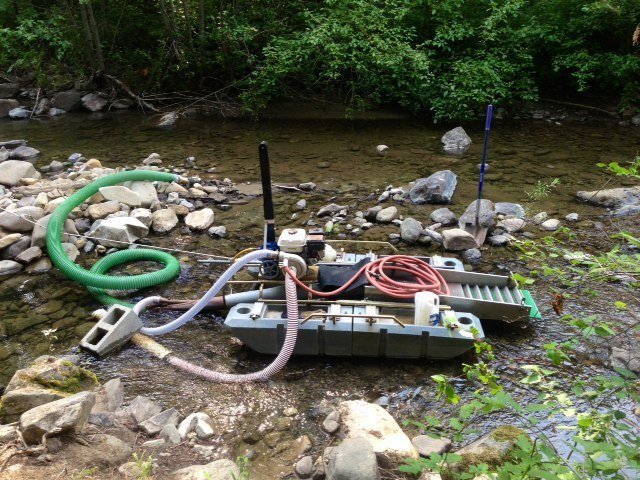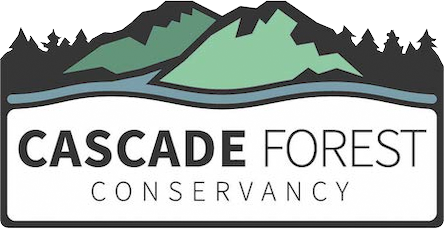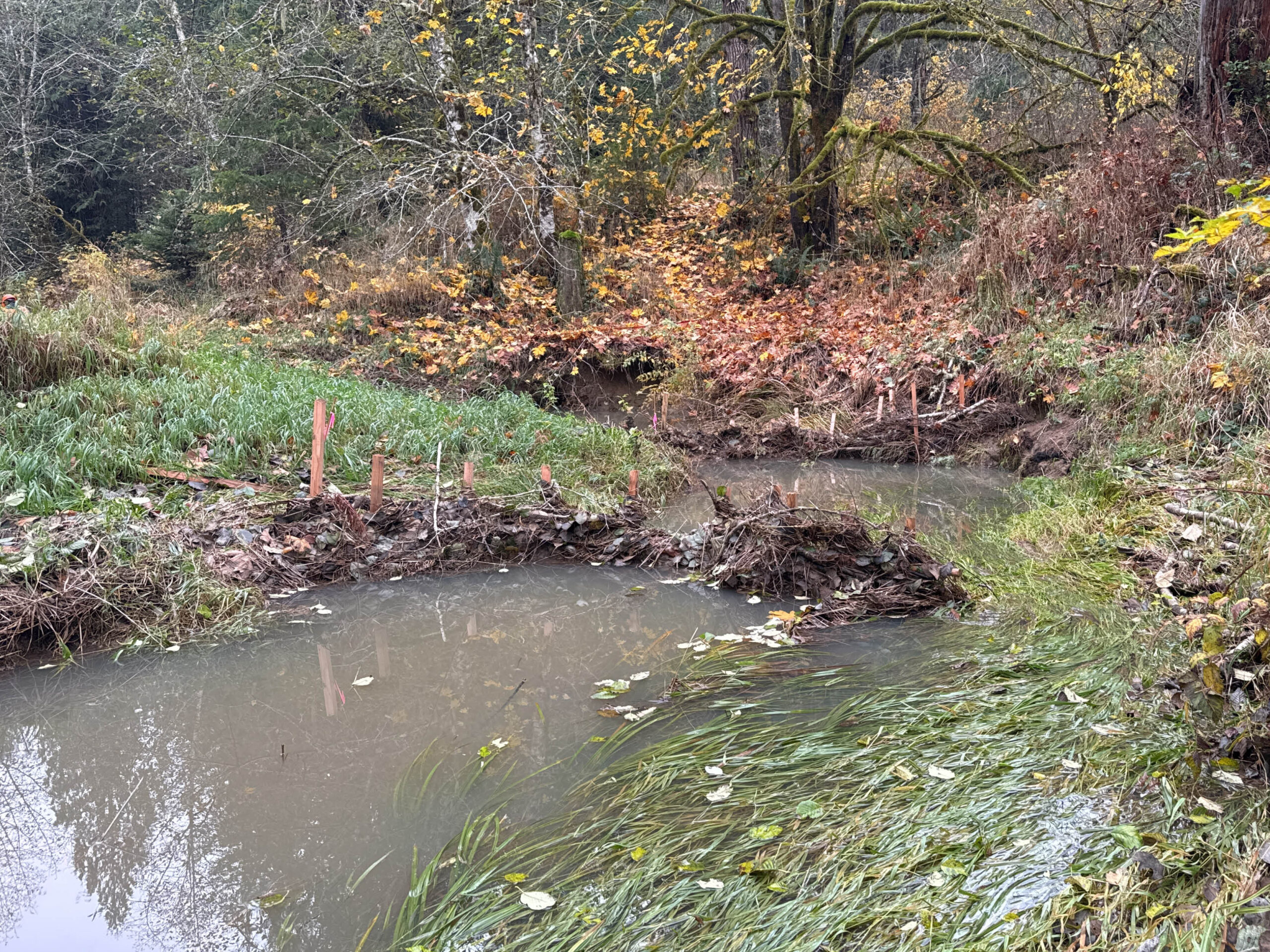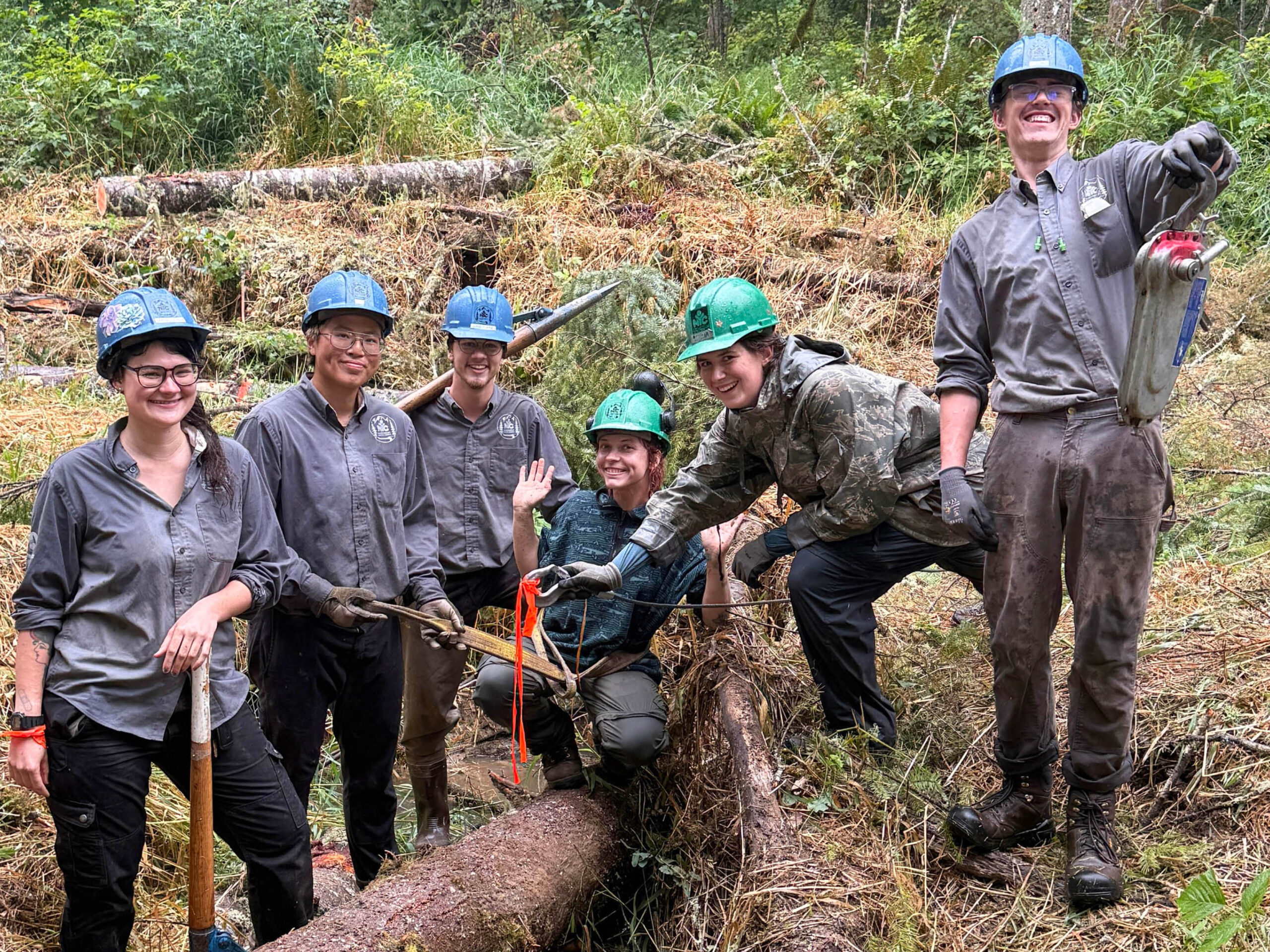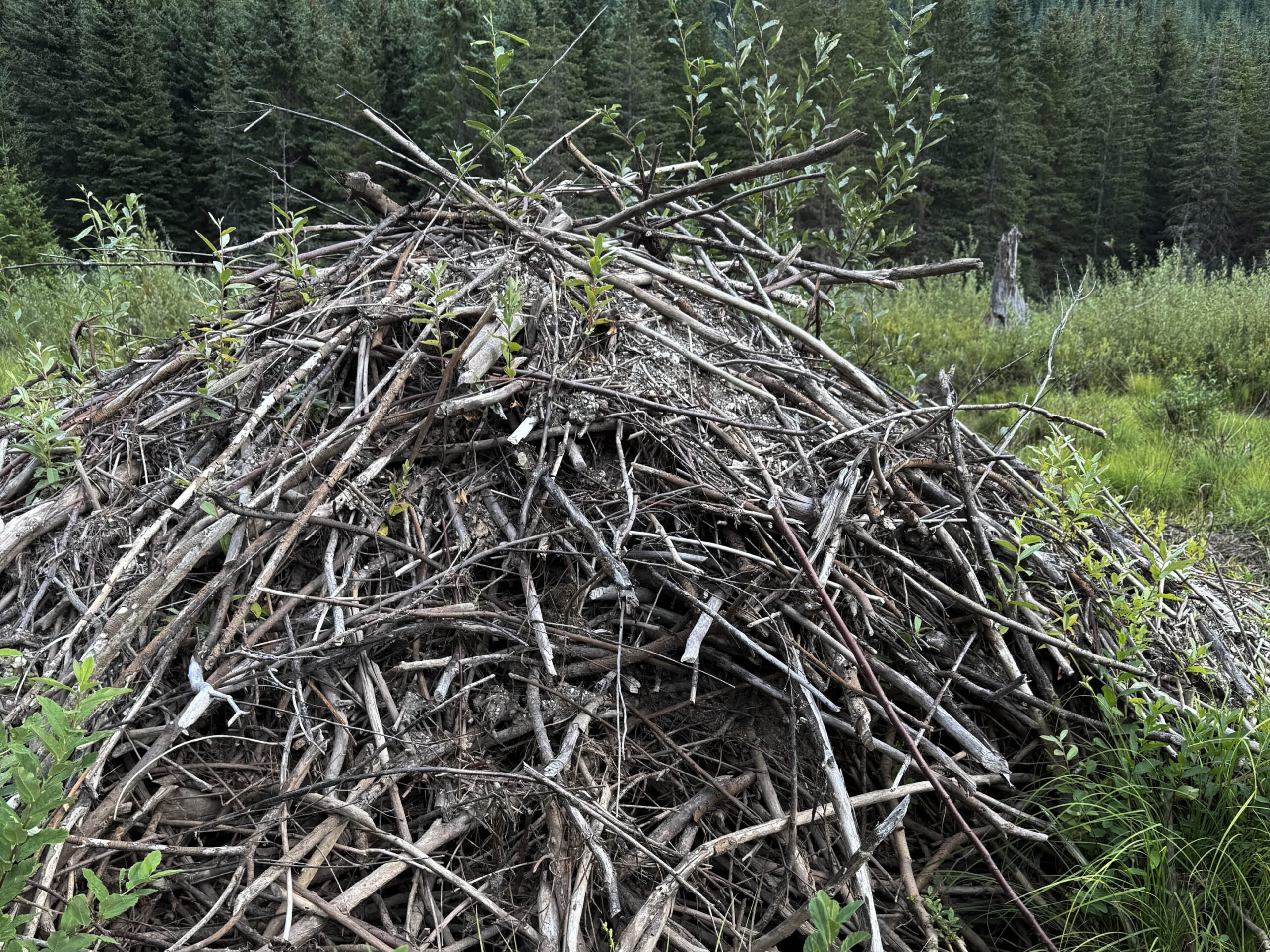[vc_row row_type=”row” use_row_as_full_screen_section=”no” type=”full_width” angled_section=”no” text_align=”left” background_image_as_pattern=”without_pattern” css_animation=””][vc_column width=”1/12″][/vc_column][vc_column width=”5/6″][vc_column_text]Washington lags behind neighboring states in protecting our waters from the harmful impacts of suction dredge mining. However, the Washington State Legislature is currently considering SB 5322, which would ban suction dredge mining in critical habitat and provide Washington Department of Ecology oversight for Clean Water Act compliance for suction dredge mining.
Your help is needed. Please contact your Washington State representatives and urge them to enact common sense protections for native fish populations and clean water by voting YES on SB 5322.
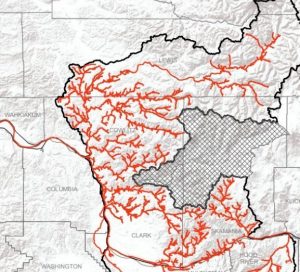
Throughout the Gifford Pinchot National Forest there is a network of rivers and streams that provide clean water for communities, fish habitat, and recreation. The Wind, Cispus, Lewis, White Salmon, and the other seemingly endless rivers and tributaries inescapably intertwine clean water with the health of the forest. Clean water is also the foundation of healthy salmon populations. Each year hundreds of millions are spent in an effort to rehabilitate salmonid populations through projects that restore habitat, improve stream shading, and remove barriers to fish passage. Suction dredge mining can undo these efforts in an instant.
Suction dredge mining impacts rivers and threatened fish populations. The process uses a motorized hose system to vacuum up the stream bottom in search of gold. In doing this, suction dredge mining can cause erosion and sedimentation, and mobilize heavy metals that were settled in the sediment. Salmonids are very sensitive to heavy metals due to the impact it has on their sense of smell. Using these machines in riparian areas can also result in localized water contamination and increased stream temperatures due to loss of riparian vegetation. The disruption to the streambed during suction dredge mining also impacts the life cycles of fish by harming eggs and juveniles, destruction of habitat features such as large woody debris, and changing the physical nature of the stream.
Recognizing the impact of suction dredge mining on clean water and threatened fish populations, neighboring states have taken action to regulate or ban this activity. Washington has continued to allow suction dredge mining with little regulation, putting our state’s precious waters at risk. Now is the time for Washington to act to regulate suction dredge mining, so we can leave a legacy of healthy watersheds and abundant native fish populations for future generations to enjoy.
Please contact your Washington State representative and urge them to support SB 5322 for our native fish and waters. Find your representative here: https://app.leg.wa.gov/districtfinder/
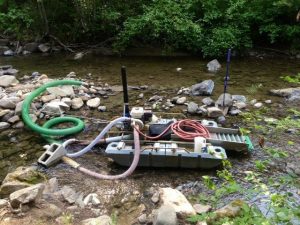
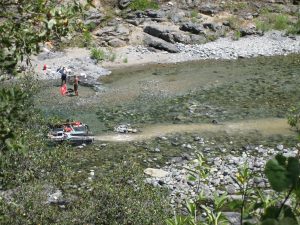
Map via https://www.westcoast.fisheries.noaa.gov/publications/gis_maps/maps/salmon_steelhead/critical_habitat/steelhead/steelhead_lcr_ch.pdf[/vc_column_text][/vc_column][vc_column width=”1/12″][/vc_column][/vc_row]
grav-cascadefc
